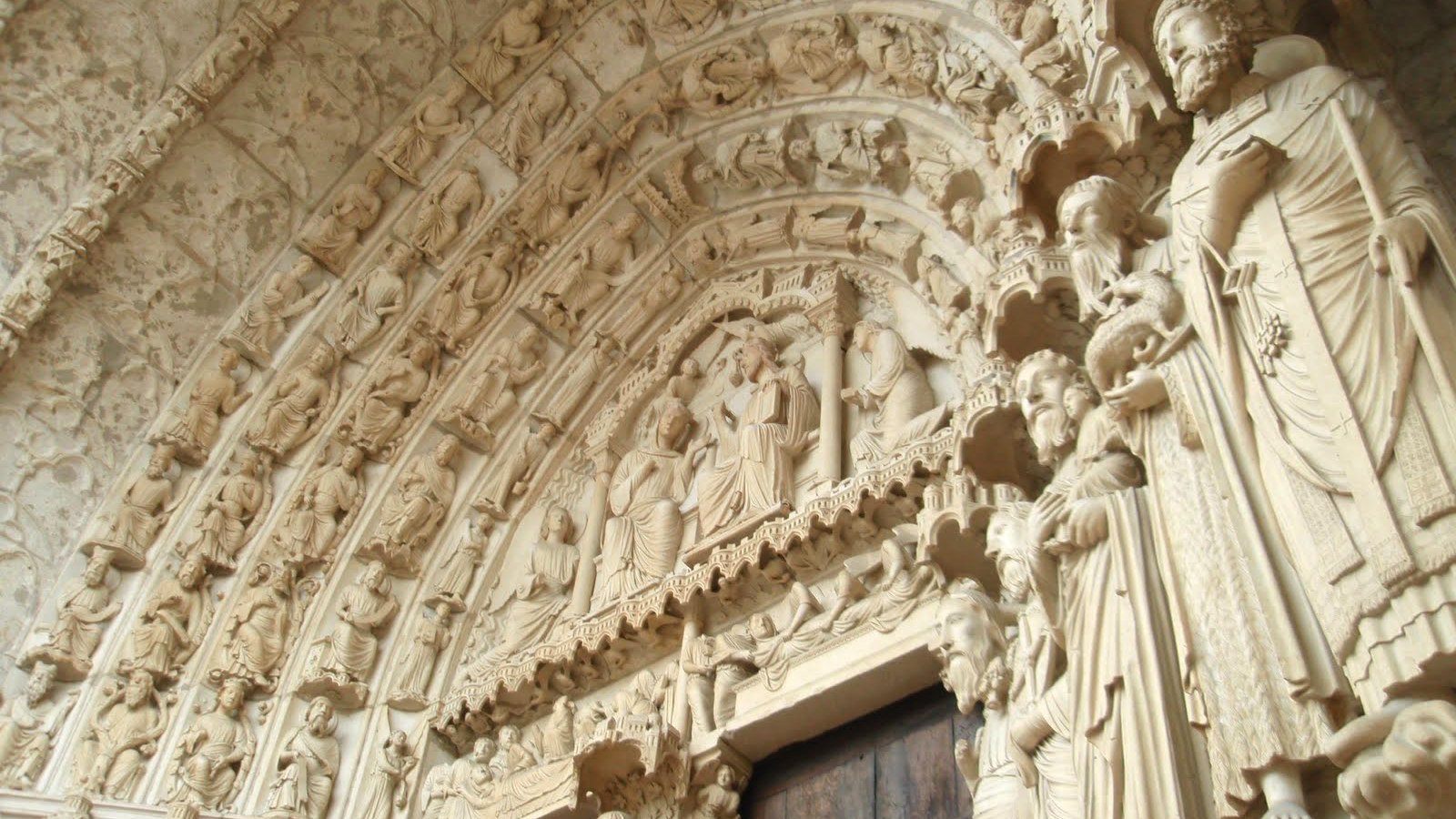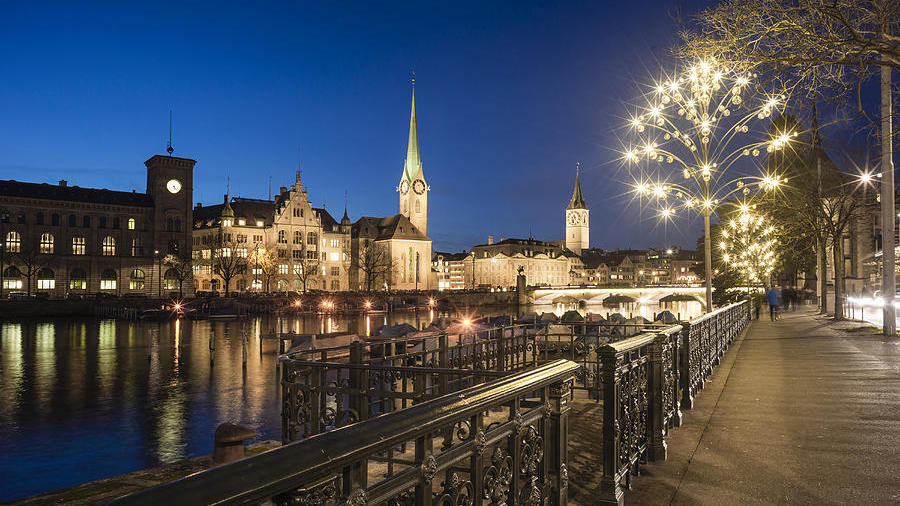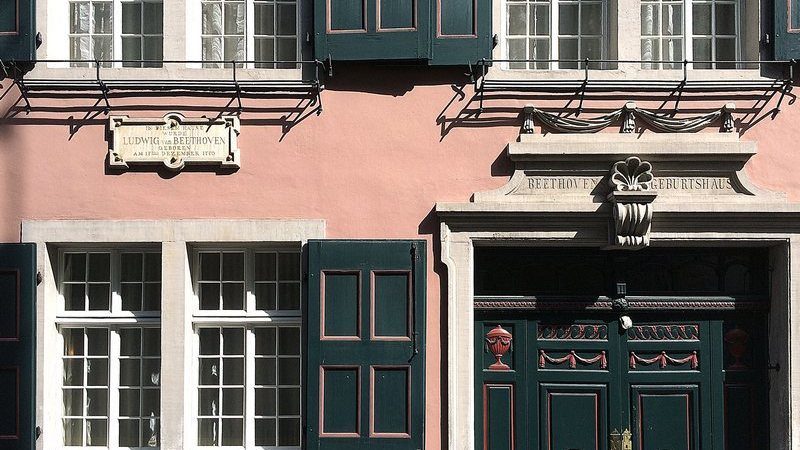Orlande de Lassus’ “Prophetiae Sibyllarum”: Ancient Mystic Voices
In mystical writings, the Ancient Greek Sibyls foresaw the coming of Christ. These oracles are included among the prophets Michelangelo painted on the ceiling of the Sistine Chapel. Their poetic verses inspired the Renaissance composer Orlande de Lassus to write Prophetiae Sibyllarum some time around 1555. The work is a collection of twelve brief motets which follow an opening prologue. This is music filled with chromaticism and harmonic adventure, anticipating the audacious madrigals of …







